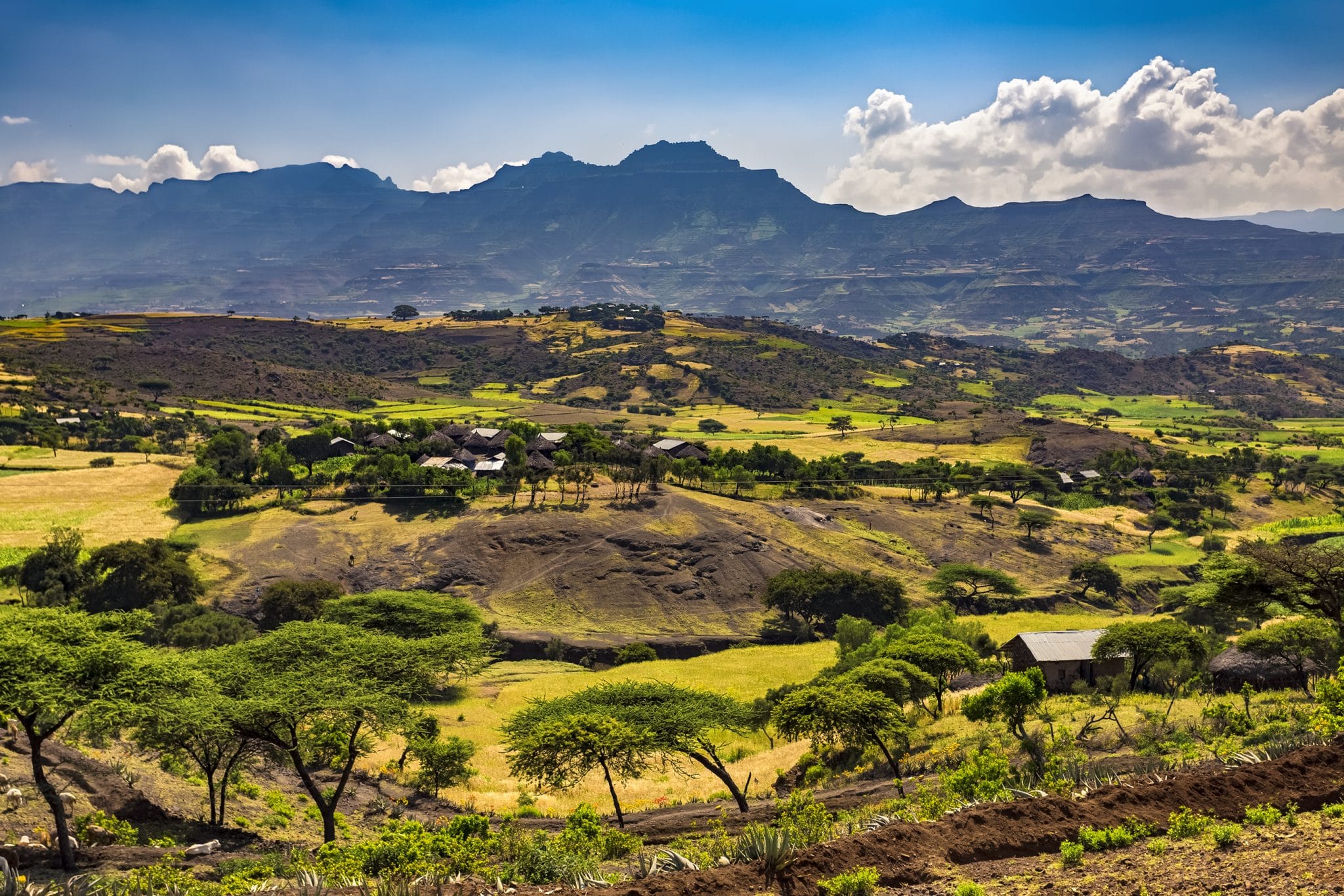In the past, Ethiopia has been called the Cradle of Mankind, but today it seems Ethiopia is a guiding light for change, shining over all of Africa.
As new Prime Minister Abiy Ahmed has made incredible moves in gender equality and inclusion with his gender balanced cabinet and appointment of the country’s first female President, Mrs Sahle-Work Zewde, there is also movement to transform Ethiopia into a middle-income nation through the Growth and Transformation Plan by 2025.

Needless to say, the people of Ethiopia have a renewed hope in what the future has in store.
In 2017, Ethiopia’s GDP expanded by 10.9% and is expected to grow by 8.5%, positioning Ethiopia as one of the fastest growing countries in the world and as a result, it is primed and ready to transform through Foreign Direct Investment.
As part of the GTP II, Ethiopia is focused on streamlining investment in all sectors and enhancing the economy through the implementation of industrial parks, which will become key players in the country’s future. Ambassador to the United States, Mr Fitsum Arega says, “Industrial parks are enhancing the telecom, service, manufacturing and agriculture sectors by bringing potential for export growth, technology and skills transfer.
Even more, they create a sustainable business environment, linking local workers to the processing of their products and greatly increasing the ease of investment.” The parks not only make foreign investment easier, but they ensure that the local markets and farmers continue to thrive.
Many of the new changes and advancements in the country are facilitated by technology, which can be implemented in all sectors, from agriculture to transport. Hon. Oumer Hussen, Minister of Agriculture states, “Farmers always rely on the market. In industrial parks, there is a demand-driven approach for our farmers. That produces a big economic impact and guides them to using modernised techniques.”
Technological adaptation in the agriculture sector is especially important as 85% of Ethiopia’s workforce are farmers. Hon. Getahun Mekuria, Minister of Innovation and Technology, states, “In the upcoming two years, at least 2-5% of Ethiopia’s GDP should come from technological value addition. We have planned different strategies: one is value addition to agricultural products such as coffee, as well as e-commerce. Another strategy our Ministry is pursuing is embarking on technological products such as drones. We could employ them to transport cargo, medical and pharmaceutical supplies to rural areas.”
The technology sector is full of opportunity and Ethiopia has a vibrant young workforce to lead it.
Alongside technology, the telecom industry also has its sights set on the future. The sector has experienced incredible progress in recent years and now has plans for nationwide 4G mobile service, as it strives toward 5G.
Frehiwot Tamru, CEO of Ethio Telecom, states, “Telecommunication has a significant social, cultural and economic impact on modern society. It is fundamental for the economic development of any nation. I believe that the telecom market reform is to bring about economic growth of the country.”
Hon. Getahun Mekuria, Minister of Innovation and Technology, adds, “As a government, we see [the telecom sector] as a very good environment for creating jobs and wealth because it will unleash the power of the service industry. The GDP coming from technology will be huge.”
The transportation sector also plays a prominent role in the Growth and Transformation Plan. Tewolde Gebremariam, CEO of Ethiopian Airlines, says “Our ever-expanding freight transport fleet facilitates the export of goods, which has led Ethiopia to stand next to Kenya in horticulture export.”
Other transportation entities, such as the Maritime Authority, are working toward impacting exports, as well. Hon. Dagmawit Moges, Minister of Transport, says, “Lower logistics costs would make our exports more competitive on a global market. The cost of imported items, on the other hand, would decrease, enhancing our country’s purchasing capacity.”
These advancements in infrastructure will enhance the country’s ability to transport product from farms to markets and beyond. Hon. Jantirar Abay Yigzaw, Minister of Urban Development and Housing, says, “With the construction sector booming, we are planning a number of new projects, like the Grand Ethiopian Renaissance Dam.
The first railway line connecting Djibouti to Addis is already operational. The construction sector constitutes a notable portion of Ethiopia’s GDP, and the government is committed to increase funding for infrastructure.”
From every direction, Ethiopia is exceeding expectations, strengthening their economy, and breaking boundaries in its improvement of the country, whether that be through its commitment to social change, gender inclusion, or advancements in technology, agriculture or infrastructure. It seems that the Growth and Transformation Plan of 2025 is not just a plan. Becoming a middle-income nation is a certainty.
– Matthew Scott Rose
DISCLAIMER: Brand Voice is a paid program. Articles appearing in this section have been commercially supported.
